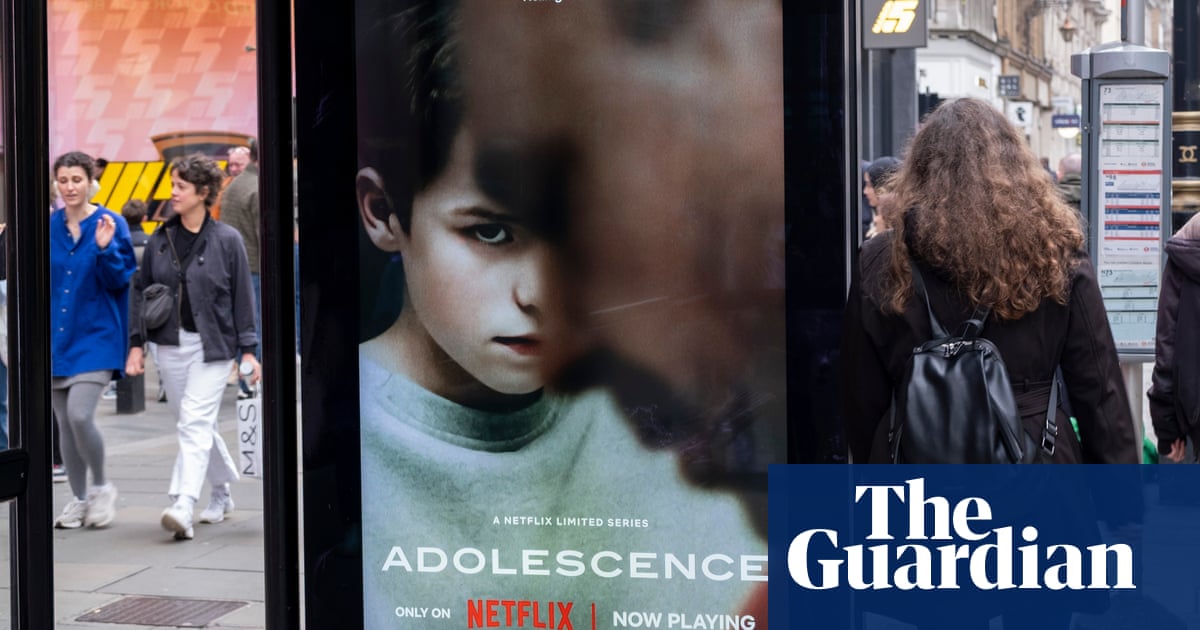France has followed the UK and theNetherlandsin allowing the Netflix drama Adolescence to be used in secondary schools as part of efforts to teach teenagers about toxic masculinity and online harms.
The French education ministry will offer schools five classes based on excerpts from thecritically acclaimed mini-series, which has provoked a global debate about the impact on young boys of misogynistic content online and on social media.
The producer of the series – the second most-watched English-language series ever onNetflix, with more than 140m views as of 1 June – had granted the government the rights for educational use, the education minister, Élisabeth Borne, said.
Borne told LCI television the excerpts were “very representative of the violence that can exist among young people” and would be shown to pupils aged about 14 and older, accompanied by specially developed teaching materials.
It was aimed at raising awareness of the problem of “overexposure to screens and the trivialisation of violence on social networks”, as well as the spread of so-calledmasculinist ideologyadvocating violence against women, Borne said.
Adolescence, which launched on 13 March, tells the story of a 13-year-old boy arrested for the murder of a female classmate after being radicalised by toxic online material such as that posted by the self-styled misogynist influencerAndrew Tate.
Netflix made it available to UK secondary schools in April, to accompany teaching resources from a relationships charity, in what Keir Starmer, the prime minister, called “an important initiative”.
The Dutch-speaking province of Flanders in northern Belgium has also begun usingAdolescencein secondary schools. “The series shows how digital influences and loneliness can lead some young people astray when they lack sufficient support,” the Flemish minister for media, Cieltje Van Achter, told the regional parliament.
“It also highlights how adults and teachers are increasingly losing touch with the world of young people. It is important that we support both teachers and young people so that these topics can be discussed.”
In the Netherlands, the series is being used in secondary schools after a proposal from the GreenLeft-Labour MP Barbara Kathmann, with materials on social media influencers and peer pressure developed in conjunction with Netflix by a media studies institute.
Sign up toThis is Europe
The most pressing stories and debates for Europeans – from identity to economics to the environment
after newsletter promotion
Kathmann said: “By showing the series in classes, we can create a safe setting in which to discuss it and the issues it raises, so making teenagers more resilient and preventing them from being sucked into the ‘manosphere’ and its pernicious consequences.”
Eppo van Nispen tot Sevenaer, the director of the media studies institute Beeld en Geluid (Image and Sound), said Adolescence was “the perfect vehicle” to engage young people about “a world that is completely separate from that of teachers and parents”.
Jack Thorne, the series’ co-writer,said it had been made “to provoke a conversation”, adding: “We wanted to pose the question: how do we help stop this growing crisis. So to have the opportunity to take it into schools is beyond our expectations.”
